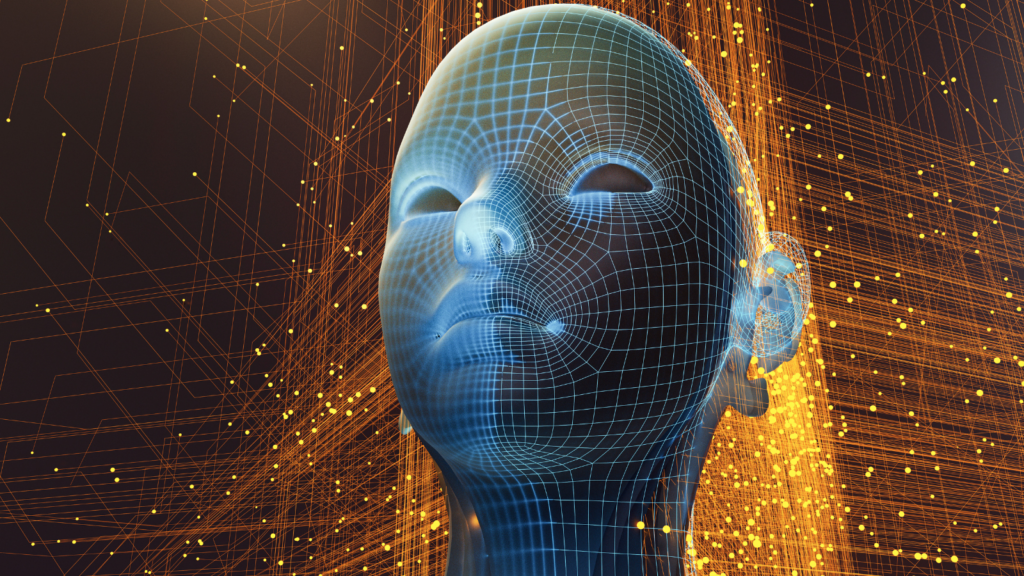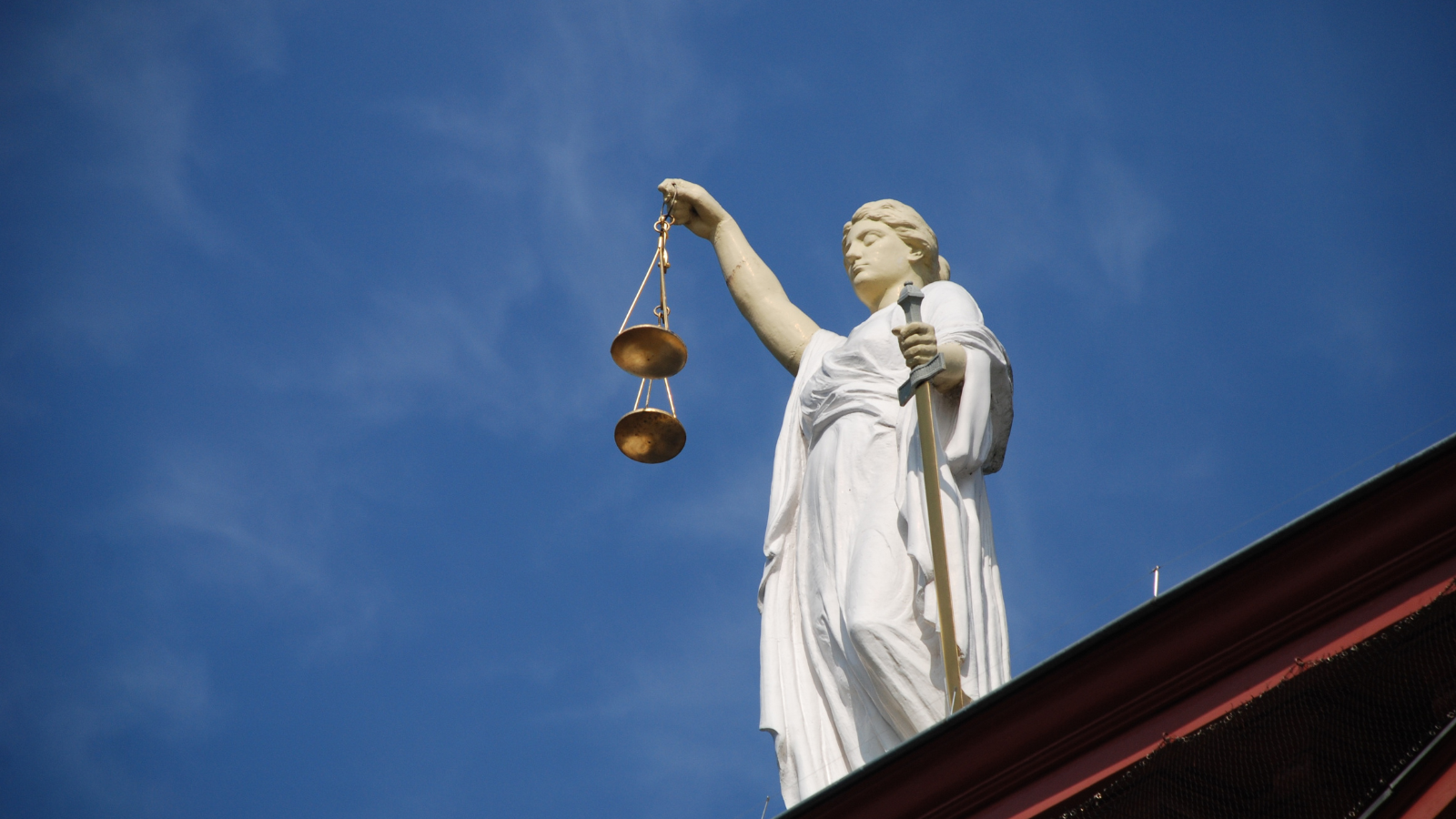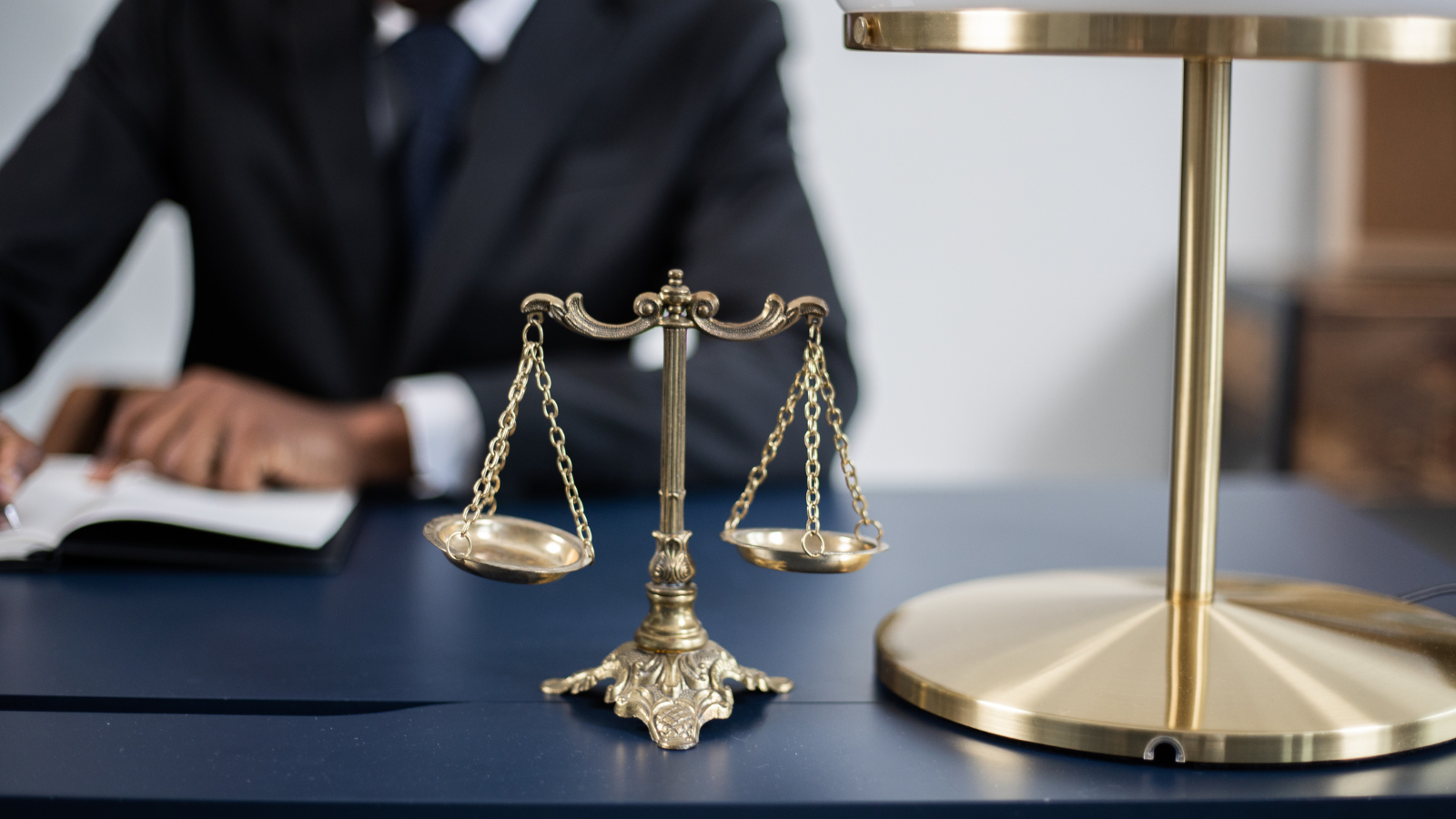- People
- Expertise
Our expertise
We are a team of more than 600 professionals, with the depth of experience which makes us genuine experts in our fields. Together, gunnercooke’s people have strength across just about every corporate discipline and sector. We provide legal, commercial and strategic advice that delivers real value to the clients we work with, which span from multinational enterprises through to not-for-profit organisations. Our breadth of expertise also covers specialist and emerging disciplines charity, crypto, sports and competition law.
Search by practice areaDispute ResolutionDispute Resolution OverviewMeet the Dispute Resolution TeamIntellectual Property DisputesFinancial Services & FinTech OverviewProceeds of CrimeEmployment TribunalTax InvestigationProperty Dispute ResolutionInsolvency DisputesMediationCivil Fraud & Asset TracingHealth & SafetyBusiness Crime & InvestigationsLitigation & ArbitrationInternational Arbitration - International
International Offices
The gunnercooke group has 16 main global offices across England, Scotland, the US, Germany and Austria, with further plans for growth in the coming years. These offices enhance the existing in-house capability of our dedicated international teams and dual-qualified experts that cover Spain, France, Italy, Portugal, Brazil, China, India, Poland and Hungary. Our team have clients across 126 jurisdictions, speak 46 languages and are dual-qualified in 22 jurisdictions. Our expertise means we can offer large teams to carry out complex cross-border matters for major international clients.
- Our story
Our story
gunnercooke is a top commercial law firm. We comprise a rapidly growing number of experts spanning legal and other disciplines. Clients benefit from flexible options on fees to suit their needs, access to a wider network of senior experts throughout the relationship, and legal advice which is complemented by an understanding of the commercial aspects of running a business.
- Reading Room
- News & Insights

By Andre Yeghiazarian, Avi Bhandari and Kaviyana Sitartha, Dispute Resolution and Intellectual Property Lawyers at Gunnercooke LLP
In 2015, the singer Rihanna won a landmark case against the British fashion retailer Topshop for using her image without her consent. Although Topshop made no explicit claim that Rihanna endorsed the product, the High Court ruled that the use of her image constituted “passing off” (an unauthorised exploitation of her personal brand). Nearly a decade later, that ruling appears less a conclusive victory than a stopgap. The UK still lacks a dedicated legal framework for individuals to control the commercial use of their image.
Image rights protect aspects of a person’s identity, such as their picture, likeness, or personal features. They stop others from using or exploiting someone’s image without permission. Technological developments such as deepfakes, AI generated clones, and influencer-led commerce have made the question of control over one’s identity more pressing than ever. A person’s face, voice, or digital likeness can now be easily replicated and monetised without their knowledge or permission. Recently, President Donald Trump shared an AI-generated video on his Truth Social account depicting President Barack Obama getting arrested by the FBI in the Oval Office followed by imagery of the former president in jail.
While prominent individuals like Rihanna and Barack Obama may possess the means to pursue arduous and expensive legal action, most members of the public do not. The increasing access to AI-tools has increased exposure of the everyday individual to become the subject of a deepfake video. This reality has led to growing calls for the United Kingdom to re-evaluate its legal approach and to consider introducing a statutory “image right”. We will see in time what form this takes.
The current approach
So how are image rights currently protected in the UK?
The current legal framework in the UK relies on a mixture of trade mark rights, common law principles (like passing off) and elements of privacy law. Although these doctrines offer some flexibility, they are not well suited to contemporary challenges:
- Deepfakes powered by AI may not deceive consumers, yet they still exploit identity.
- Influencers and content creators, whose image serves as their brand, often lack legal recourse unless a claim for false endorsement can be demonstrated.
- Legal proceedings are frequently slow, costly, and inconsistent, making them inaccessible to most individuals.
As personal identity becomes simultaneously more valuable and more vulnerable, this fragmented approach increasingly fails to deliver justice or clarity.
Denmark’s take on Deepfakes and Image Rights.
The Danish government recently announced that it has proposed legislation that would protect an individual’s image, voice and face as copyright works. This would cover deepfake content that is shared without consent while still upholding the exemptions in place for satire and parody. If passed, online platforms can face severe fines if they do not take immediate action in granting take down requests.
In a statement to the Guardian, Danish Culture Minister Jakob Engel-Schmidt said “In the bill we agree and are sending an unequivocal message that everybody has the right to their own body, their own voice and their own facial features, which is apparently not how the current law is protecting people against generative AI.”
The proposal has received widespread report and is likely to be passed when it is brought to parliament this autumn.
This follows suit to the recent Take It Down Act passed in the United States which criminalised non-consensual deepfakes and puts an onus on social media platforms to remove the material within 48 hours of notice.
These recent updates demonstrate a growing recognition of the need for enforceable rights in the age of AI and deepfakes. In contrast, the UK is still testing the waters and starting to ask the right questions.
A Right of Personality?
The UK Government appears to acknowledge the issue. In its recent consultation on Copyright and Artificial Intelligence, which concluded in February 2025, it posed the question of whether the current legal framework provides adequate protection for digital replicas. There is a growing body of support, particularly among performers, for the introduction of a statutory “right of personality” that would grant individuals control over the use of their likeness, particularly in relation to AI generated content.
Moving Forward with Care
The UK’s current approach to image rights is still patchy, built on a mix of outdated laws that do not fully protect people in the age of AI. While Denmark is taking the lead with a clear legal framework, the UK might benefit from a hybrid model that combines copyright style protection and stronger personal data rights. Any new legislation must strike a balance between individual rights and freedom of expression, including satire, parody, and journalism. International enforcement also presents a continuing challenge, particularly when AI developers operate anonymously or outside British jurisdiction.
However, until any concrete laws are developed, prevention is better than the cure. If you are a creator, influencer, or public-facing professional, here is what you can do now:
- Say no to vague release forms that give blanket rights over your image.
- Watch for AI training clauses in contracts and licensing deals.
- Use tech tools to track how your image or voice is being used online.
- Consider owning your digital self by filing trade marks for your name and avatars.
If you have any questions in relation to this topic or other Intellectual Property and Technology matters more generally, please contact us using I[email protected].
To receive all the latest insights from gunnercooke to your inbox, sign up below






